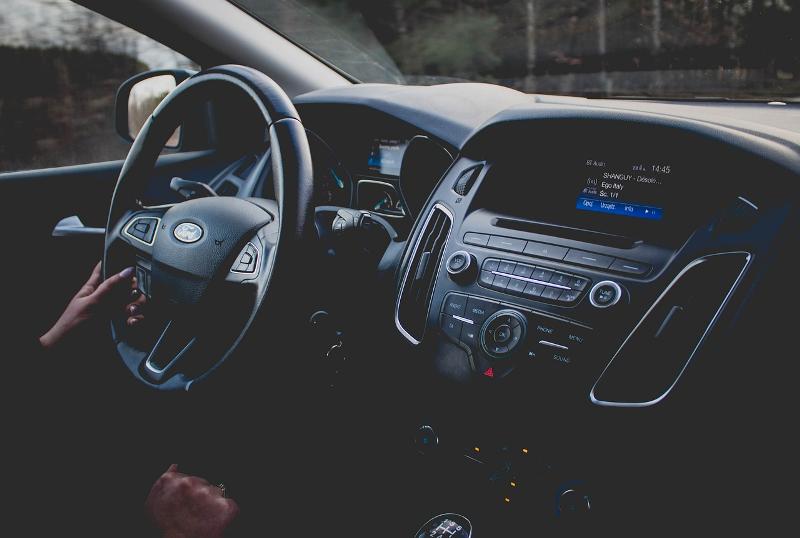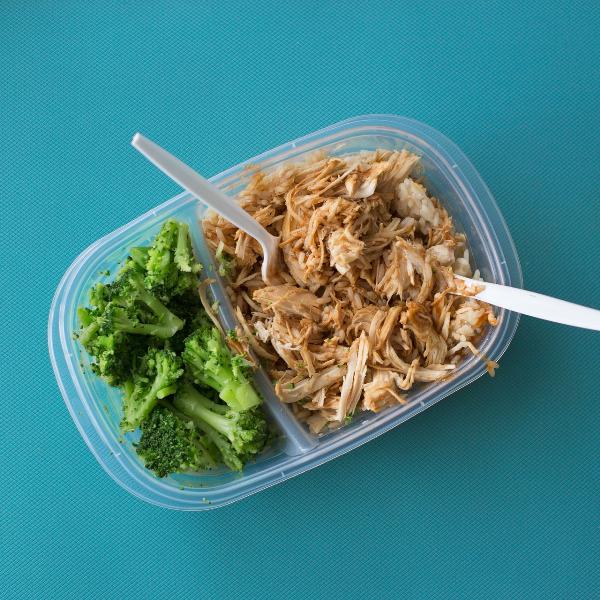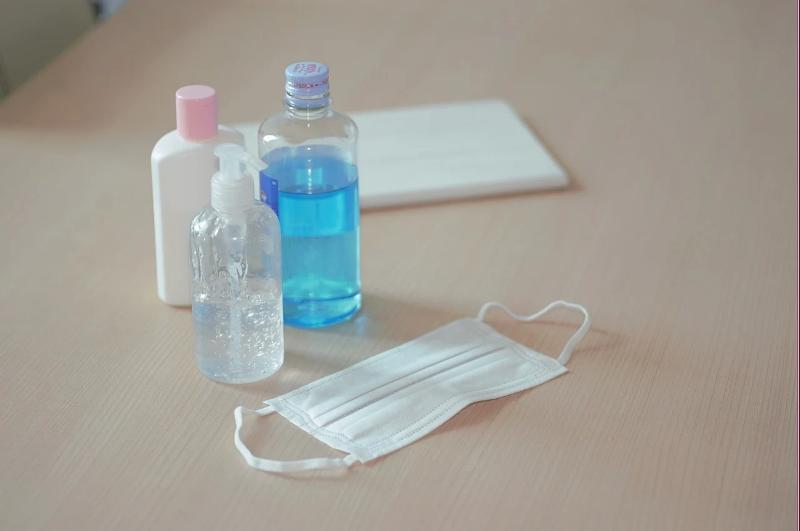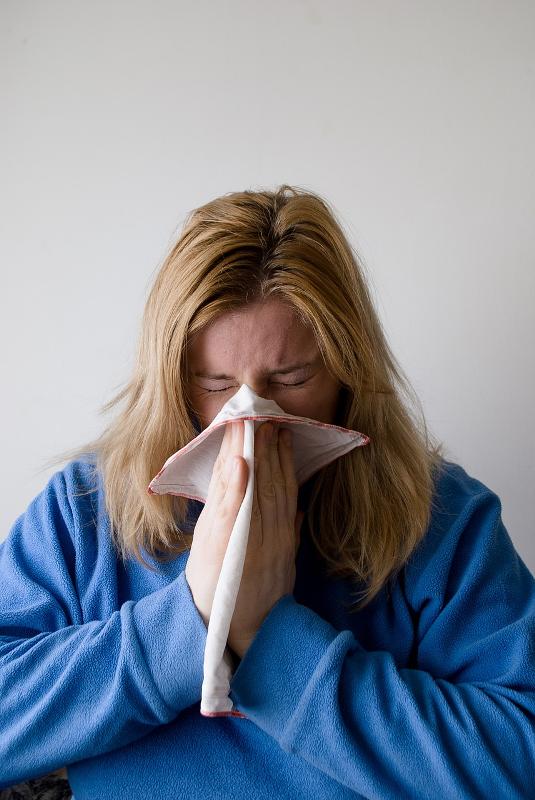The COVID-19 pandemic has shaken the entire world. The deadly outbreak has claimed millions of lives across the globe and brought most countries to a standstill. The disease influenced severe restrictions on domestic and international travel to contain the infection. As the effects of the pandemic slowly begin to subside, governments are revoking travel restrictions. But these steps also come with a strong word of caution regarding the necessary steps needed to be taken by travelers to stay safe and healthy.

Source: pixabay.com
If you plan to travel during the pandemic, keep these seven critical tips in mind to enhance your safety measures and reduce the chances of contracting an infection.
Table of Contents
1. Avoid Long Travel
The amount of time spent in the presence of others increases the chances of contracting the virus. If you choose long flights or trains where you are regularly exposed to a lot of strangers, the risk factor is high. So, weigh the options before deciding to travel.
Try to use your vehicle as much as possible to avoid crowded areas and conventional modes of transportation. Personal cars are safe and spacious to travel with roof racks that can hold all the necessary items for your trip without any hassle. They also reduce human contact and make the trip better.

Source: pixabay.com
2. Watch What You Touch
The virus can also spread from dwelling on common surfaces as well. Airports, train stations, bus stations are usually crowded, and the devices and machines placed in these areas can be unsanitary. They can carry droplets from sneezing or cough that could be the carrier of the virus. Individuals may get infected through contact with these surfaces.
Be extremely cautious about everything you touch and be mindful while using surfaces such as ATMs, escalators, stair rails, self-check-in machines. Also, be extra precaution while using public restrooms as most surfaces may not be well sanitized. Sanitize your hands before and after using them. Avoid cash transactions that require human contact. Prefer card or mobile wallet payments as much as possible.
3. Pack Your Meals
The pandemic has increased the need for safety and sanitation measures around . These steps usually involve human contact at several points that increase the risk of infection. There are also dining restrictions in several states, and it might be challenging to find a decent place to grab a bite.

Source: pixabay.com
The ideal choice would be to prepare and carry your meal before you travel. Make simple meals or snacks and pack them along in a bag to eat during your travel. Make sure to clean the surface of the package before eating. Also, wash your hands before consuming the meal.
Also, avoid drinking from taps or conventional water dispensers directly. Use only bottled water or carry a bottle with you from home to avoid any trouble.
4. Avoid Touching Your Face
The risk of contracting the virus from a surface happens when you touch your face with the same hands. Hence avoid touching your mouth, eyes, and nose before washing your hands. Also, avoid keeping your phones or wallets in your hand. You may have touched any surface and unknowingly handled your phone before sanitizing. Place them inside your bag and disinfect the screen a few times throughout the day.
5. Prepare A Safety and Sanitation Inventory
Carrying the necessary safety gear and items is crucial to reduce stress about the virus. Make a thorough list of all the necessary equipment required for the travel. Pack a small bag that contains a sanitizer and a hand wash. Keep a sanitizer handy in your handbag to use often before and after touching common surfaces. Include some disinfectant or sanitizing wipes to use on the surfaces such as the windows, tables to remove any droplets settled on them.

Source: pixabay.com
Carry a pair of face masks to cover your nose and mouth. Cloth masks are quite useful, and you can make one at home. You can also purchase face masks at a nearby dispensary or store.
6. Plan Your Lodging
Like traveling, your lodging arrangements at the arrival destination also need to be carefully selected and sorted. Many areas have not yet opened lodging arrangements for travelers, hence plan where you are going to stay before leaving. The hotel industry is concerned about safety and sanitation for their customers as well. Check their website or call to enquire about the practices taken up to maintain hygiene at their hotel.
Ensure they regularly clean and sanitize the rooms and avoid common areas such as the lobby, restaurant, or bar to reduce human contact. Practice social distancing in common areas and make simple choices such as taking the stairs instead of the elevator to avoid crowds.
7. Avoid Traveling If You Are Sick
If you are running a fever or suffering from breathing difficulties, running nose, or any other coronavirus symptoms, it is best to stay home and get tested. Try to wait at least 48 hours after a fever or cold has abated to travel.

Source: pixabay.com
Traveling when you are sick can put many people at risk and hence avoid such acts. Also, avoid traveling if you have a weak immune system or suffer from severe conditions that could increase the risk of infections. Additionally, consider self-isolation at least for a couple of days at the destination to ensure you have not contracted the virus.
Conclusion
In many cases, individuals may not get infected directly but end up becoming carriers of the virus that could affect high-risk people such as children, seniors, and individuals with pre diagnosed conditions. Keep distance from people who are not wearing face masks. Make sure to take all the necessary safety measures during and after the travel for your family’s safety and the community.


